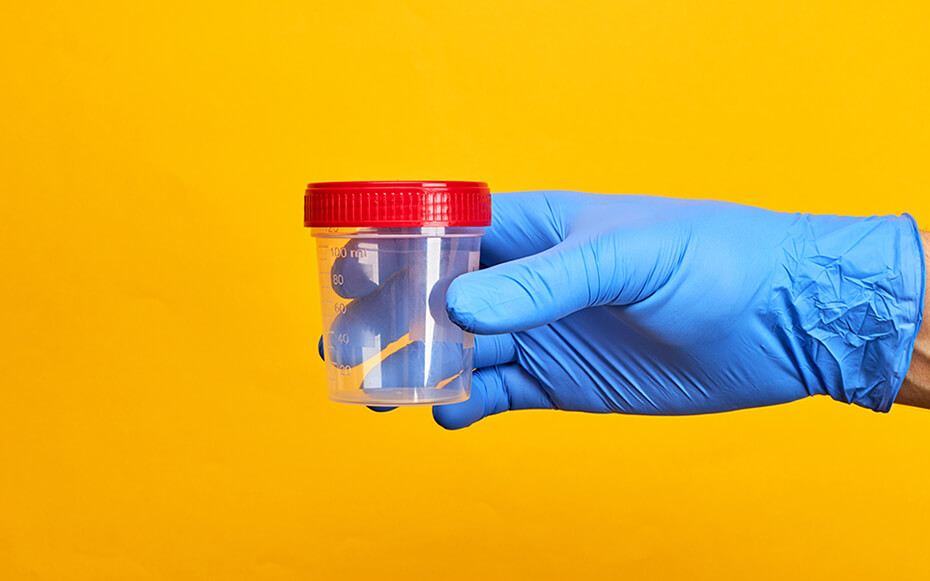NACE Journal / Spring 2023
Historically, many employers across the country have conducted preemployment drug testing to promote a drug-free work environment and safe working conditions for all employees. Applicants who tested positive for prohibited substances, including marijuana, were generally excluded from further consideration for employment. However, as more states legalize the use of medicinal or recreational marijuana, employers are facing difficult decisions regarding their preemployment drug testing policies.
Marijuana has been classified as a Schedule I illegal substance under the federal Controlled Substances Act (CSA) since 1970. Marijuana’s illegality under federal law has been complicated in recent years by numerous states legalizing both medicinal and recreational marijuana use. To date, 39 states and the District of Columbia have legalized medical marijuana, while 21 states and the District of Columbia have legalized recreational marijuana. With no guidance from the federal government and very little developed case law interpreting the interaction of state marijuana law with state and federal employment law, employers have been left to navigate this legal minefield largely on their own. The extent to which applicants for employment are protected from discrimination for using medicinal or recreational marijuana and the extent to which employers can continue to enforce strict preemployment drug testing policies is now largely dependent on state-specific statutory and regulatory requirements.
State Laws and Applicants
For example, in Pennsylvania, medical marijuana is legal to treat 23 medical conditions, including cancer, HIV/AIDS, and anxiety disorders. As of May 2022, there were more than 700,000 patients with registered medical marijuana ID cards in Pennsylvania. When these individuals apply for jobs and are rejected for employment because of preemployment drug tests that are positive for marijuana use, to what extent are they protected by Pennsylvania law? Unfortunately, very little in this regard is clear.
Under the Pennsylvania Medical Marijuana Act (PMMA), it is illegal for employers to discharge, threaten, refuse to hire, or otherwise discriminate or retaliate against an employee—or applicant for employment—based solely upon the employee’s (or applicant’s) status as a medical marijuana card holder. In other words, under Pennsylvania law, an employer cannot reject an applicant based solely upon their status as a medical marijuana card holder. As such, Pennsylvania employers should never ask an applicant if they have a medical marijuana card. This information cannot be used in the preemployment hiring process.
Pennsylvania employers are, however, permitted to conduct preemployment, random, post-accident, and reasonable suspicion drug testing of their employees—even employees who have medical marijuana cards. However, a critical distinction will be whether the applicant or employee is applying for or employed in a “safety-sensitive” position. When an applicant fails a preemployment drug test for marijuana use, the employer is permitted to reject the applicant for employment (even if the applicant has a medical marijuana card) when the position applied for is a safety- sensitive position. Here, the applicant is not being rejected for employment because of his or her status as a medical marijuana card holder. Rather, the applicant is being rejected because of his or her failed preemployment drug test.
While not defined in the PMMA, safety-sensitive positions typically include those in which an employee is responsible for his or her own or another person’s safety; performing the essential job functions under the influence of marijuana could result in injury to the employee or others. For example, safety-sensitive positions will likely include those with essential job functions involving the use of heavy machinery, working with hazardous materials, working at heights, driving company or personal vehicles for work, providing medical care, or working with medication.
Conversely, if the job applied for is not a safety-sensitive position, e.g., a customer service phone representative, a positive preemployment drug test for marijuana will likely not automatically disqualify an applicant for employment. In this situation, the employer may need to accommodate an applicant with a medical marijuana card by making an exception to its preemployment drug testing rules. As with all medical accommodation questions, the critical issue will be whether making the exception will create an undue hardship for the employer. When the position is not a safety-sensitive position, it will be very difficult for an employer to establish the existence of such a hardship.
Subsequent to hire, an employee will be subject to the employer’s normal work rules regarding working under the influence or impairment of drugs, including prescription drugs. Most state laws governing medicinal or recreational marijuana use do not place limitations on employers in this regard. As such, while medical marijuana may be legal “off the clock,” it is still unacceptable to be under the influence of marijuana while at work. For example, for purposes of Pennsylvania employers, the PMMA does not provide any employment protections for medical marijuana users who are under the influence of marijuana while on an employer’s property or premises. In such a case, Pennsylvania employers are still free to discipline or subject employees to reasonable suspicion drug testing if they believe an employee is under the influence of any type of drugs in the workplace, including medical marijuana.
Drug Testing in States That Have Legalized Recreational Marijuana
The drug testing issues facing employers become even more complex when dealing with recreational marijuana. For example, in February 2021, New Jersey legalized recreational marijuana. According to the New Jersey law, an employer is prohibited from taking any adverse employment action against an employee or applicant based on the employee/applicant’s use of marijuana while off duty. This means that employers in New Jersey are effectively precluded from testing for marijuana in a preemployment drug screening. If they do, they cannot reject an applicant for employment based on a positive preemployment drug test for marijuana. While there are some exceptions to this New Jersey prohibition, the scope of these exceptions are unclear and will remain so until a New Jersey court provides guidance for its employers.
Uncertainty for Employers
In light of the uncertainty surrounding preemployment drug testing for marijuana in states that have legalized its medicinal or recreational use, many employers have changed their drug testing policies by removing the preemployment drug testing requirement or eliminating the drug screen for marijuana in the preemployment test. Other employers have continued to conduct preemployment drug screenings and have chosen to treat marijuana like any other prescription medication. These employers do not discipline or refuse to hire an applicant based on a positive preemployment drug test for marijuana if the employee can produce a valid medical marijuana card and understands that notwithstanding the card, they are still prohibited from coming to work under the influence of marijuana.
Until this area of the law develops, employers will continue to struggle with the uncertainty surrounding preemployment drug testing in states where medicinal or recreational marijuana use has been legalized. To minimize the legal risk involved, employers conducting preemployment drug testing need to be familiar with the state-specific laws governing marijuana use where they have facilities or employees. All employers are strongly encouraged to consult with an experienced labor and employment law attorney for answers to specific questions.





